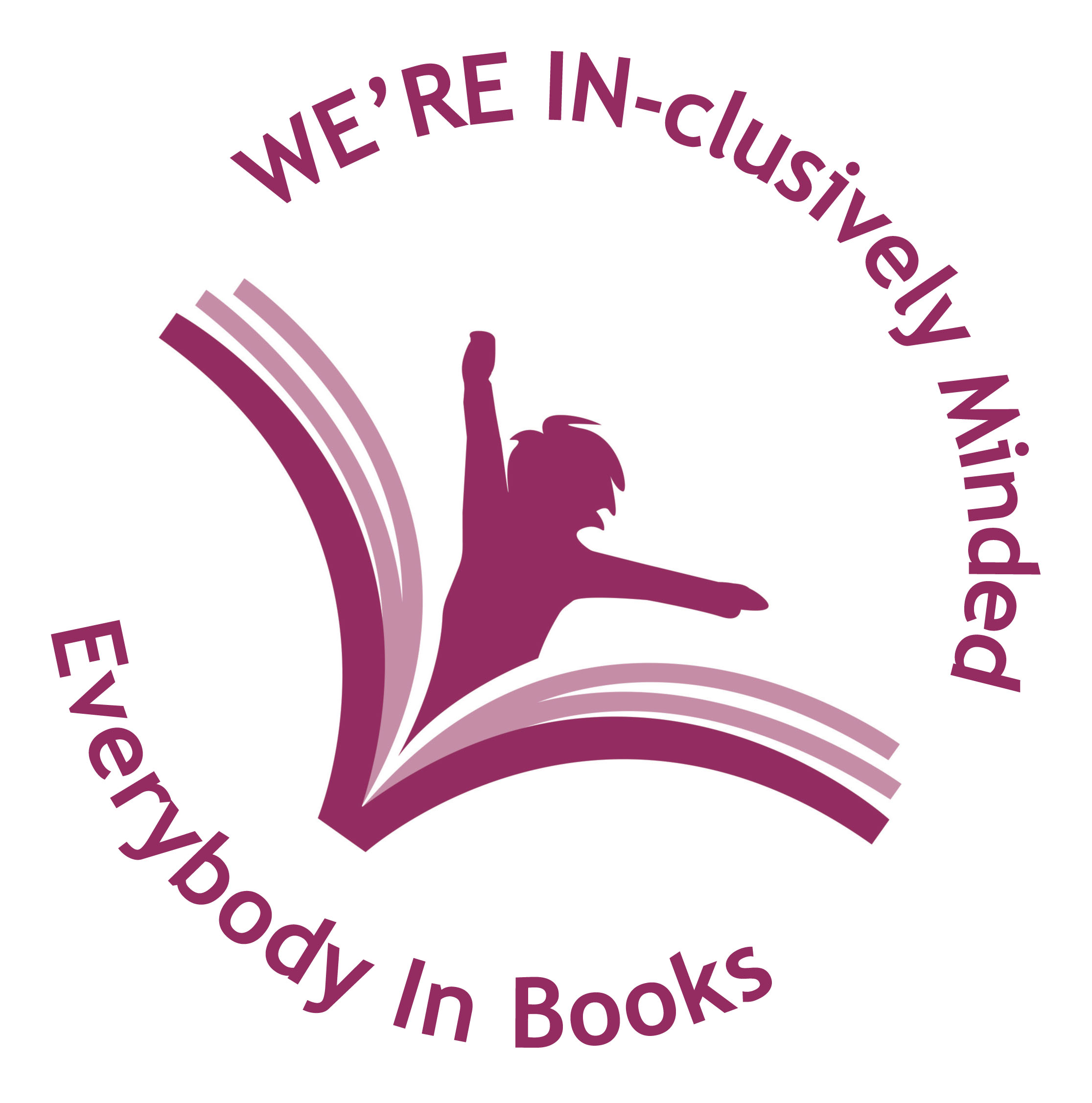Advice for Booksellers
The example commitments have been written to work across the children's book industry. Below are some suggestions for how you could apply them specifically within the bookselling sector.
Example Core Commitments
Work towards all new books being authentically inclusive.
- Discuss inclusion and diversity during buying meetings.
- When buying books, consider who is portrayed and how. Are characters from marginalised backgrounds fully rounded and authentic, or does their characterisation rely on stereotypes?
- Stock books by authors and illustrators from marginalised backgrounds.
- Let publishers know that you're activity looking for diverse authors and inclusive books.
- Include information about inclusion in buying guidelines.
Actively promote and display books that are inclusive of a diverse range of characters.
- Promote inclusive books and those by diverse authors with the same status as any other book.
- Ensure that the bookshop/site contains a range of inclusive books as part of the main book collection and that these are given equal status.
- Ensure all staff are aware of the inclusive books available and confident in answering customer queries about books that feature particular characters or cover certain topics.
Attend/organise training, events and discussions around the areas of inclusion and diversity to motivate, educate and inspire.
- Ensure that book events feature a diverse range of authors and illustrators.
- Attend book events focused on inclusion and diversity.
- Organise training for your staff around inclusion and diversity.
Seek advice and consultancy to ensure that diverse characters are authentic.
- If you're unsure about the authenticity of representation in a book that you are considering stocking, seek advice about its contents.
- Involve your community in choosing and promoting books.
Carry out regular audits of books to assess inclusion and diversity
- Consider book stock in relation to inclusivity/diversity and feedback to publishers about missing/underrepresented areas.
- Of the books that are inclusive, how authentic are the portrayals?
- How could the proportion of inclusive books be increased? Make an action point of how this will be achieved.
Ensure that books and book events are accessible to as wide an audience as possible.
- Keep accessibility in mind when selecting books. Consider the paper, the typeface, layout, contrast and any background behind the text.
- Ensure that book events are accessible to all audiences. Is there wheelchair access? A hearing loop? Could any events be signed? Are accessible toilets and lifts in good working order? Will you make a transcript of discussions available?
- Promote book events to diverse audiences and marginalised groups and ensure the venue is welcoming to them.
Example Supplementary Commitments
For each book ask ‘Who is represented in this book, and how? Are the characters reflective of the world we live in? Is the representation authentic?’
- Make questioning an automatic part of the book selection process.
- Include information about authentic inclusion in your buying guidelines.
- Let publishers know that you're activity looking for diverse authors and inclusive books.
Discuss inclusion and diversity with colleagues and challenge those who downplay its importance.
- Make topics around inclusion part of your everyday conversations. Have discussions around stereotyping and accessibility. Consider why you personally believe that inclusion is important and use this as a starting point for conversations about its general importance.
Actively develop knowledge of different facets of diversity.
- Research and read around different facets of diversity.
- Follow relevant blogs and twitter feeds.
- Watch programmes about diversity.
- Attend events on diversity, not necessarily those aimed at the publishing/bookselling industry.
Seek out and support those who create and curate high-quality inclusive books.
- Seek out authors and illustrators from diverse backgrounds.
- Seek out authors who write well-researched inclusive books.
- Seek out and support publishers who publish high-quality inclusive books.
Sign up to relevant newsletters to keep in touch with developments.
- Sign up to the Inclusive Minds newsletter.
- Sign up to the CBC Diversity Initiative newsletter.
